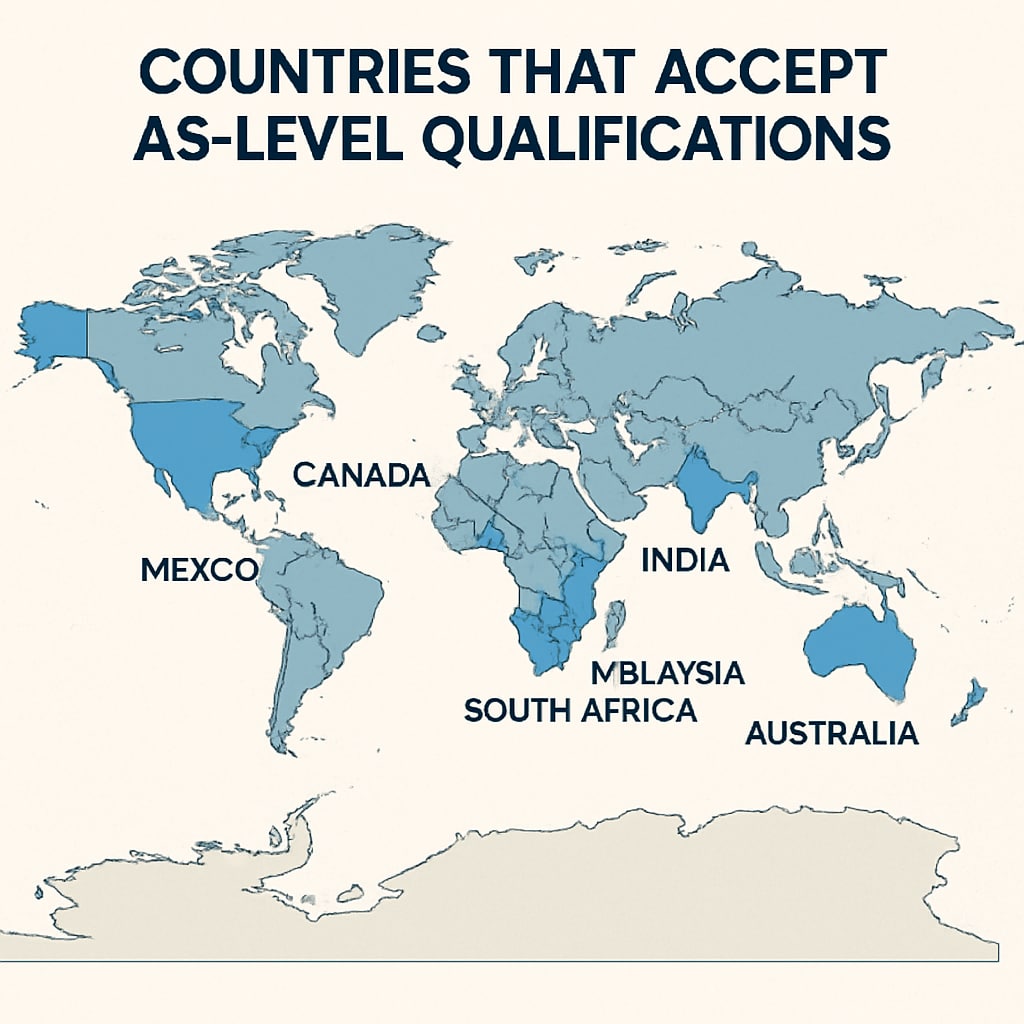For students holding AS-Level qualifications and facing budget constraints, navigating university admissions may feel overwhelming. However, with the right approach, it is possible to find affordable universities that accept AS-Level scores and align with your academic aspirations. This article provides practical strategies to explore institutions globally within a $4000 budget, while also offering tips to maximize your application’s competitiveness.
Understanding AS-Level Qualifications in University Admissions
AS-Level (Advanced Subsidiary Level) qualifications are internationally recognized academic credentials often completed as part of the A-Level program. While they are considered less comprehensive than full A-Level qualifications, many universities across the globe accept AS-Level results for admission. These institutions typically focus on holistic evaluations, considering additional factors such as extracurricular achievements, standardized test scores, and personal statements.
For students with AS-Level scores, it is essential to research universities with flexible admission criteria. Countries such as Malaysia, South Africa, and certain institutions in the United States and Canada are known for their openness to international students with diverse qualifications.

Finding Affordable Universities Within a $4000 Budget
Budget limitations can significantly influence a student’s choice of university. However, several strategies can help identify cost-effective options:
- Focus on Developing Countries: Institutions in countries like Malaysia, Mexico, and India often offer affordable tuition fees while maintaining high academic standards.
- Consider Public Universities: Public universities, particularly in countries with subsidized higher education systems, typically have lower tuition fees compared to private schools.
- Look for Scholarships: Many universities have scholarship programs specifically designed for international students, including merit-based and need-based opportunities.
- Explore Online Programs: Online degree programs are often more affordable than on-campus options and provide flexibility for students managing other commitments.
Additionally, some universities offer installment plans or financial aid packages, which can help spread the cost of tuition across manageable payments.

Enhancing Application Competitiveness
To stand out in a competitive admissions process, students with AS-Level qualifications should focus on strengthening their applications through these strategies:
- Highlight Extracurricular Achievements: Showcase leadership roles, volunteer experiences, or unique skills that demonstrate your commitment and capabilities.
- Provide Strong Personal Statements: Write a compelling personal statement that explains your academic goals, career aspirations, and why you are a good fit for the university.
- Submit Additional Test Scores: If possible, include standardized test scores such as SAT or ACT to complement your AS-Level results.
- Seek Recommendation Letters: Obtain letters from teachers or mentors who can vouch for your academic abilities and character.
Moreover, connecting with admission counselors can provide valuable insights into specific criteria and improve your chances of acceptance.
Conclusion: Turning Challenges into Opportunities
While searching for universities with AS-Level qualifications and limited budgets may present challenges, it also offers an opportunity to explore diverse educational pathways. By leveraging resources, researching affordable institutions, and enhancing your application, you can unlock access to quality higher education without breaking the bank. Start your journey today and discover a university that aligns with your aspirations and financial constraints.
Readability guidance: Use short paragraphs and lists to summarize key points; ensure transitions between sections are smooth. Incorporate actionable advice while maintaining professional tone and clarity.


